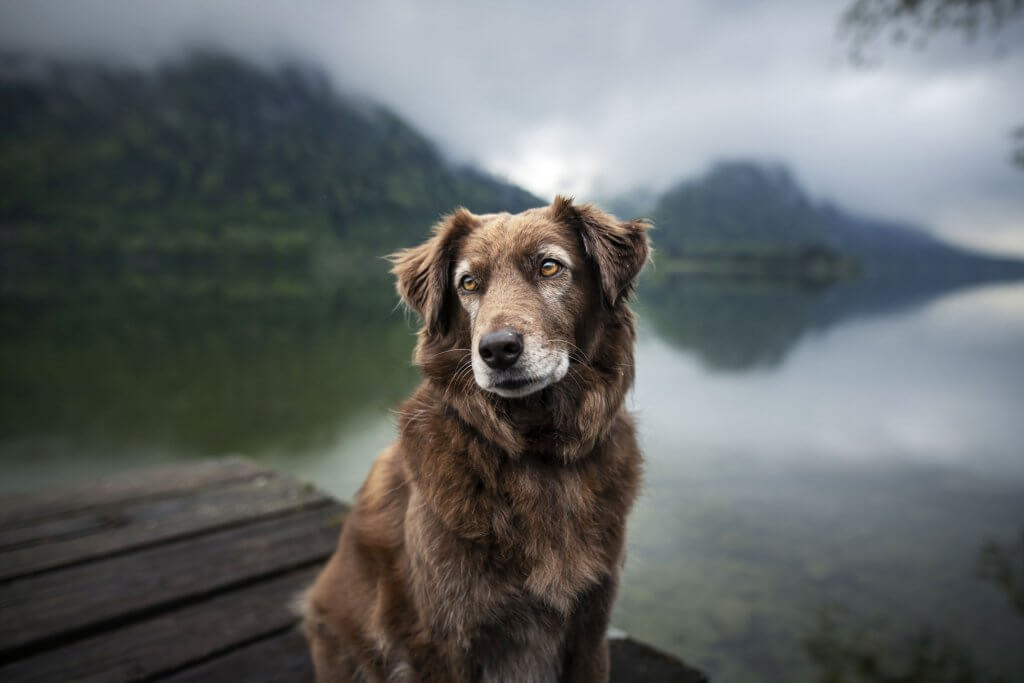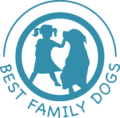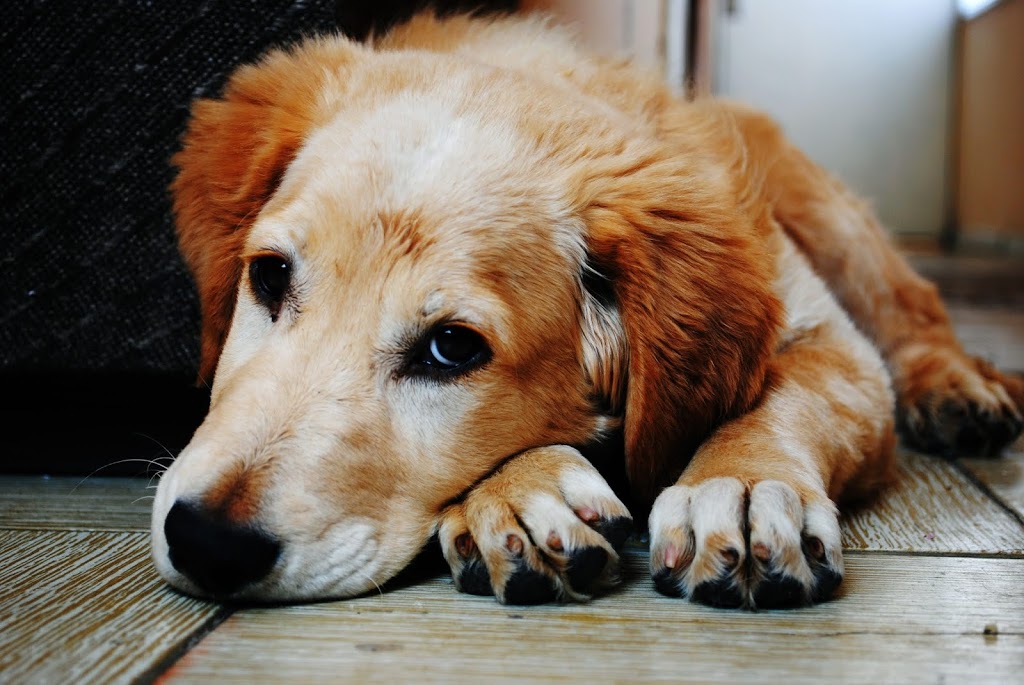As dogs age they go through physical and biological changes as part of the normal aging process. As owners it is sometimes sad to watch them mature towards their senior years. Having a good relationship with a veterinarian that you and your dog are familiar with is important for the aging dog. As this is the first time I have had an aging, senior dog I find myself asking – what should I do? How will I know the changes are normal or not?

Various Size Dogs Reach Senior Years at Various Times
Let’s talk about some of the physical and biological changes that happen as dogs age. Dogs age at different rates depending on their physical size. For example, larger dog breeds generally have a shorter lifespan than smaller dogs. So we can say that the larger dog reaches his or her senior years sooner than a small breed dog and will have the associated health issues earlier.
Grey Hair
Regardless of size, aging dogs will start to get grey hair around their muzzle and chin in late adulthood. This is a gentle sign of slow aging and is not too alarming at first. The dog can remain healthy for years regardless of the slight graying in physical appearance.
Decreased Energy
Your dog will slowly lose his or her energy level. You will notice that your dog will have less patience for the hyperactive games he or she used to play before. The dog still may want to play, but will not be able to play for prolonged periods of time. You will know when the dog wants to stop because he or she will lose interest. Also, because of normal age-related changes the muscles and joints weaken, and the dog may be more susceptible to injury. You and your dog can still play these games, just go slower, for shorter time periods and use caution.
Decreased Body Mass
The senior dog’s body starts to lose the fatty tissue and collagen layer under the skin. Similar to human aging. This means that some weight loss is normal for an aging dog. However, any weight loss should be checked out by a veterinarian as it is usually not normal. Your aging dog will become increasingly more boney.
Thinning Fur
The dog’s coat thins and the shed fur may not appear as “fluffy” as it was prior to aging. Some dogs may be more susceptible to cold weather at this point with the thinning hair and loss of fatty tissue.
Change in Diet
The veterinarian will best advise you on when to start your dog on a senior formula dog food. Probably, by the time most of these changes are happening the dog will have been eating a senior formula for a while already. The senior formulas and less rich and supposed to be easier on the aging dogs digestive tract.
Change in Sleep
Senior dogs sleep longer and harder. You are probably used to the family dog lightly napping throughout the day, but waking up with effervesces at the slightest noise, excitement or sight of food. While the aging dog may sleep harder and need more coaxing to get out of bed. It is okay to let them rest. Make sure he or she has a clean, soft and supportive bed. Some pet stores will sell special orthopedic beds.
Blindness and Deafness
Dogs can lose their hearing and eye sight with age. Older dogs can be blind and deaf, or hard of hearing. Very fast moving objects such as other dogs or young children may frighten the older dog. Any sudden loud noises may startle the aging dog. As an owner it is best to ease distraction and provide a calm environment when possible.
Changes in ‘Dog Breath’
A senior dog’s breath may change or become more noticeable due to increased tartar build-up from previous years. Unless your dog has been getting regular dental cleaning. Even those commercialized chew toys that claim to clean teeth are not enough. The senior dog may also have swollen gums that may bleed occasionally and add to mouth odor. In some cases a change in dog’s breath is a sign of other medical conditions in the body and it is a good idea to visit with your veterinarian.
Changes in Bowel and Bladder
The older dog may have to void more frequently and have more difficulty holding his or her bowels as well when he or she was younger. Provide your dog with more frequent opportunities for elimination. On average every 3-4 hours. For some elderly dogs even more frequent. Most commonly dogs lose control of stool first, and as their conditions progress, they may become incontinent of urine. They may also struggle with urinary tract infections. An increase in accidents in the house even when house trained, is normal and should not be punished because the dog is aging. The dog knows better, he or she just can’t control it. It is a sign to increase the opportunity your dog is given to void outside, in the proper area.

Emergency Signs in Your Aging Dog
Get your dog checked out right away if:
Your dog’s gait suddenly changes (drunken gait, uncoordinated, staggering)
Sudden blindness, hearing loss, head tilt
Any breathing difficulties
Sudden decrease in eating or drinking
Sudden increase in eating or especially drinking (copious amounts)
Sudden increase in voiding, especially frequent urination
Constantly licking, scratching or biting him or herself.
Diarrhea and vomiting, especially if more than ‘a few’ continuous bouts
It is important to note that I am not a certified Veterinarian. I am offering this information only as a general guide, that I myself find useful to know, and hopefully you will too. What I can tell you is – any SUDDEN CHANGE in your dog is NOT NORMAL and should be followed up with a visit to the vet.
Also, older dogs cannot medically compensate as well as younger dogs. This means that they cannot tolerate acute illness as well. For example prolonged vomiting and diarrhea, can really quickly dehydrate an older dog and make the older dog a bigger medical emergency, because the older dog’s body cannot function as well to keep itself going under the stress of the sudden illness.
Signs of Pain in Dogs
- Decreased appetite
- Choosing to walk on softer surfaces (Grass instead of cement)
- Guarding of limbs (Hold a leg up, not putting pressure on it)
- Excessive licking, biting or scratching at skin or limbs
- Whining or waling when the affected area is touched
- Acting out aggressively (to protect him or herself from getting hurt further)
- Reluctant to move or get out of bed
As the dog’s owner, you will know when your senior dog has pain by getting to know his or her behavior to age-related changes. You will be able to see how comfortable the dog is by looking in your dog’s eyes. You can work effectively with your veterinarian to come up with the best pain control regime for you and your dog.
How do you care for your aging dog?
Tell us what you do to take care of your special senior dog.

